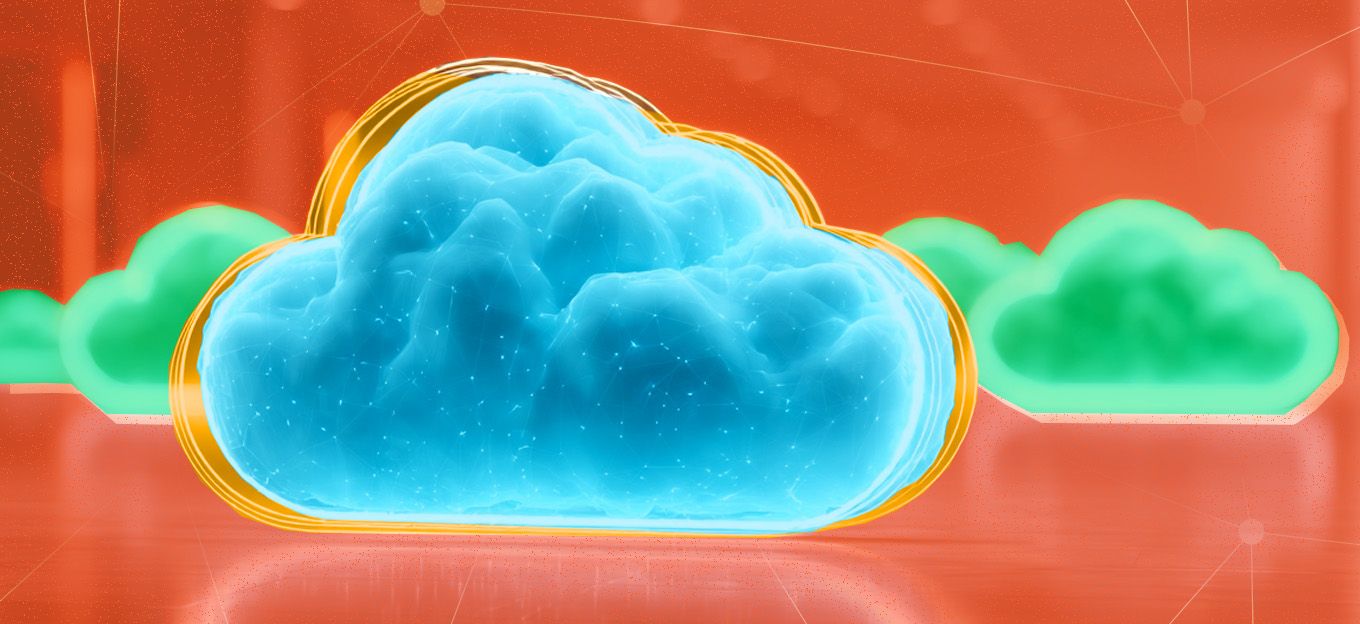The Convergence of AI and Blockchain and Its Impact on the World
The Convergence of AI and Blockchain and Its Impact on the World
- Last Updated: December 2, 2024
Guest Writer
- Last Updated: December 2, 2024



Artificial intelligence (AI) and blockchain are moving beyond "what if" and the realm of science fiction fantasy and are now immersed in a number of well-known, everyday applications that are transforming the world of business and technology as we know it—from finance to healthcare to cutting-edge trust architectures.
Current Applications of Artificial Intelligence
Artificial intelligence theoretically has few boundaries. Practically, many obstacles remain. Machines are now becoming capable of rudimentary “thinking” measured against humans, mainly in narrow domains. The technology is currently used in many ways of which people may not even be aware. The following are some common applications of artificial intelligence.
- Google Maps. When using Google Maps on a smartphone, although you may not realize it, much of the mapping you see is influenced by machine learning. This essay discusses how Google has been using AI-powered computer vision systems to read structures from Street View imagery and write them onto Google Maps. Another example is the way Maps predicts your ETA based on patterns learned from your routes and other users' travels over time.
- Bank Fraud Protection. AI is used to determine potential fraudulent activity on a person's bank account. Due to the high volume of transactions, it's difficult to have enough human power to decipher what may or may not be fraudulent activity. The system learns to spot anomalies in an individual's bank account, such as a higher-than-usual transaction amount or an unusual retailer. Once flagged, a bank can then contact a user to determine whether or not they were responsible for those suspicious transactions. This is known as "anomaly detection" in the field of AI.
- Personalized Advertising. Facebook users have likely noticed that they see ads on their newsfeeds that correspond to recent online purchases or searches (known as "retargeting"). This also enables Facebook to prominently display items in an individual's newsfeed that may be of interest to them. Google uses retargeting to deliver related ads to users long after they have left a previously visited website. AI is used in this technology to understand what an individual wants to see and then provides it to them. Amazon also engages in targeted advertising to recommend additional products that are relevant to what a shopper is already interested in purchasing. These technologies fall under the category of "recommendation engines" in the field of machine learning and AI.
Current Applications of Blockchain Technology
Although blockchain technology is most closely associated in the media and public imaginary with cryptocurrencies (e.g. Bitcoin), the more promising blockchain applications lie elsewhere. Before proceeding, however, we must recognize the known limitations and risks associated with blockchain and how those issues propagate when you try to fuse blockchain with other technologies (e.g. IoT).
According to a recent article in Forbes, there are dozens of examples of current blockchain applications, and here are just a few:
- Spotify—The popular music streaming service used by 83 million people around the world, was acquired by Mediachain Labs, a blockchain company, in late 2017. The idea underlying the acquisition is to use blockchain technology to better connect artists to Spotify by ensuring licensing agreements are honored and protect rightsholders.
- Diamond Trade—More than 30 percent of the world's diamond supply comes from the company De Beers. The company is using blockchain technology to create an extensive database that tracks the origin of its diamonds to provide transparency to consumers.
- Healthcare Records—The need to secure private healthcare records is essential, so many digital health companies, like MedicalChain, Gem and SimplyVital Health, utilize blockchain technology to ensure their patients can safely access and share their medical records.
Blockchain and AI technologies are converging in new and exciting ways. Innovative companies are leveraging the power of big data, the security of blockchain and the value multiplier of AI to nearly every business.
Blockchain, Meet Artificial Intelligence (AI)
One of the most exciting developments impacting both blockchain and AI is the convergence between the two technologies. Innovative companies are leveraging the power of big data, the trust and verification within reach using blockchain and the value creation multiplier that AI can bring to nearly every business.
Paul Lee, CEO of Mind AI, a company leveraging AI to develop a highly-advanced natural language based reasoning engine, sees the incredible potential of the combination of blockchain and AI:
“Blockchain has the potential to break down today's data oligopoly through individual ownership and control of data,” says Lee, “[t]his will open access to vast numbers of data sources that can be used by AI developers that previously didn't have access to such data. This means that there will also be a data marketplace, which can be a free market for developers looking for specific types of data for their projects.
In the same sense, AI can boost blockchain, as some of the most compelling use-cases and early-stage applications of blockchain technology is for the data powering AI research. This will help pave the way for more progress in blockchain technology to better mesh with AI, and this progress and its applications will inevitably have a spillover effect into other domains, helping boost the rate of blockchain adoption.”
When asked about the future of blockchain and artificial intelligence, the Chief AI Scientist for MATRIX AI Network, Dr. Steve Deng, offered the following perspective, “As indicated by Einstein, the measure of intelligence is the ability to change, or as pointed out by Stephen Hawking, intelligence is the ability to adapt to change. AI offers effective methods to learn from history, while blockchain allows us to build trusted relations by following business networks. Together, they give us the ability to adapt to changes. Moreover, trustworthy data is the life-blood of artificial intelligence, while the blockchain is designed to maintain trustworthy data. My colleagues from MATRIX share a consensus, which is ‘blockchain integrates time and space, while AI predicts the future from history.’”
The Most Comprehensive IoT Newsletter for Enterprises
Showcasing the highest-quality content, resources, news, and insights from the world of the Internet of Things. Subscribe to remain informed and up-to-date.
New Podcast Episode

Moving Past the Pilot Phase in IoT and AI
Related Articles





